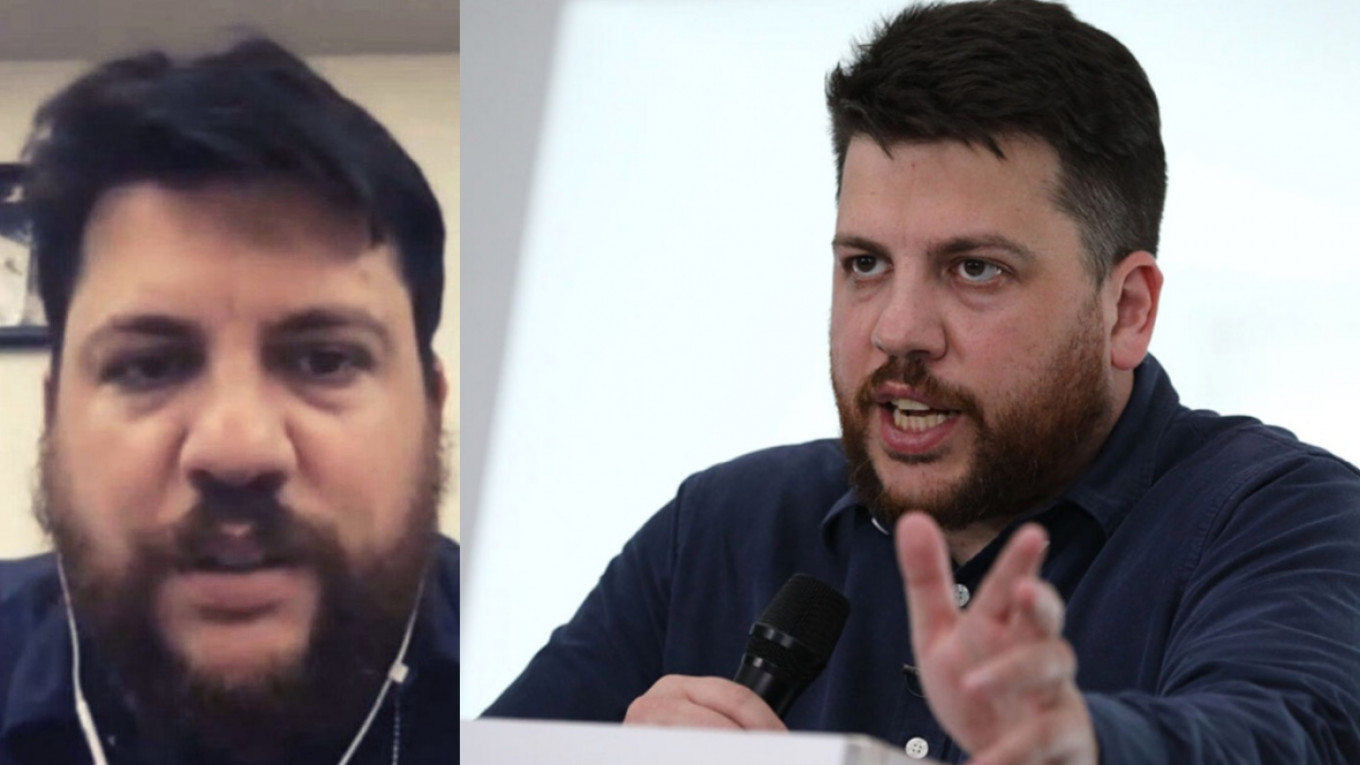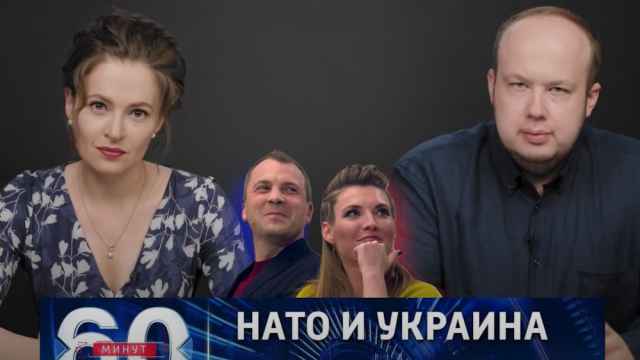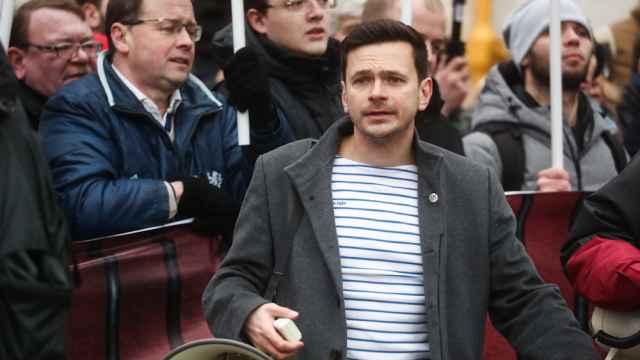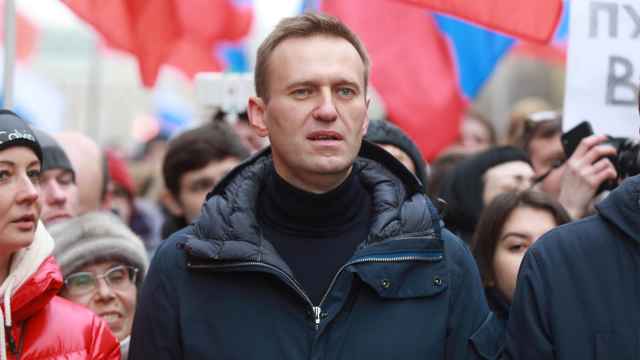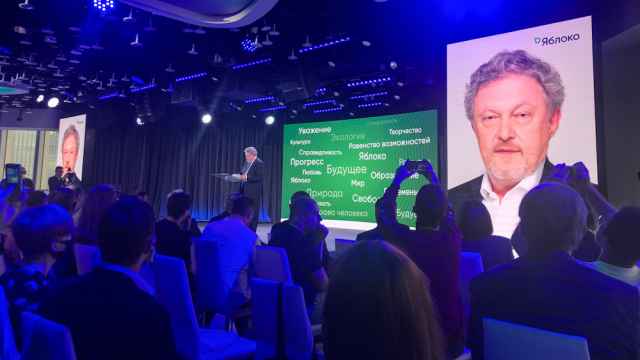European lawmakers said this week that a deepfake of a prominent Russian opposition figure had spoken to them via video calls.
Latvian member of parliament Rihards Kols posted back-to-back images of the real opposition figure Leonid Volkov and a hyper-realistic fake Volkov that he said had communicated with him last month. Kols said that his colleagues from fellow Baltic nations Estonia and Lithuania had also spoken with the fake Volkov earlier in March.
“Nothing made me think that we were meeting a fake Volkov [until] Ukrainian colleagues recently reported their own meeting with the fake Volkov,” he wrote on Facebook on Thursday.
Tom Tugendhat, who heads the British parliament’s foreign affairs committee, said that he also fell victim to the fake meeting with Russia’s opposition members.
“They got through to me today,” Tugendhat tweeted Thursday.
Volkov is jailed Kremlin critic Alexei Navalny’s regional network coordinator who fled to Lithuania after Russia charged him with inciting minors to attend mass rallies in January.
Volkov commented on the “impressive” resemblance of his deepfake video and placed his suspicions on a notorious pair of pro-Kremlin pranksters who regularly dupe Kremlin opponents and world leaders into embarrassing phone calls.
“Welcome to the deepfake era,” Volkov wrote on Facebook on Thursday.
Deepfake videos use artificial intelligence to create hyper-realistic images that imitate a real person’s appearance and speech.
Volkov previously claimed that the pranksters who go by the name Vovan and Lexus had made “dozens or hundreds” of attempts to impersonate him in calls to European and international organizations.
Britain’s Tugendhat accused Russian authorities of orchestrating the fake meetings “to discredit the Navalny team” because President Vladimir “Putin’s Kremlin is so weak and frightened of the strength” of the opposition movement.
The Guardian reported Thursday that one of the pranksters denied using a filter to appear like Volkov, quoting him as saying that “probably Volkov has false information.”
Alexei Stolyarov, who uses the moniker Lexus, did not deny speaking with Kols, telling the publication on Facebook that he would “keep it a secret.”
Navalny, who is serving two and a half years in a notorious prison colony for violating parole while recovering from a near-fatal poisoning, has been on hunger strike for three weeks demanding outside medical treatment. Protesters took to the streets in his support Wednesday, with nearly 2,000 detentions reported nationwide.
A Message from The Moscow Times:
Dear readers,
We are facing unprecedented challenges. Russia's Prosecutor General's Office has designated The Moscow Times as an "undesirable" organization, criminalizing our work and putting our staff at risk of prosecution. This follows our earlier unjust labeling as a "foreign agent."
These actions are direct attempts to silence independent journalism in Russia. The authorities claim our work "discredits the decisions of the Russian leadership." We see things differently: we strive to provide accurate, unbiased reporting on Russia.
We, the journalists of The Moscow Times, refuse to be silenced. But to continue our work, we need your help.
Your support, no matter how small, makes a world of difference. If you can, please support us monthly starting from just $2. It's quick to set up, and every contribution makes a significant impact.
By supporting The Moscow Times, you're defending open, independent journalism in the face of repression. Thank you for standing with us.
Remind me later.


